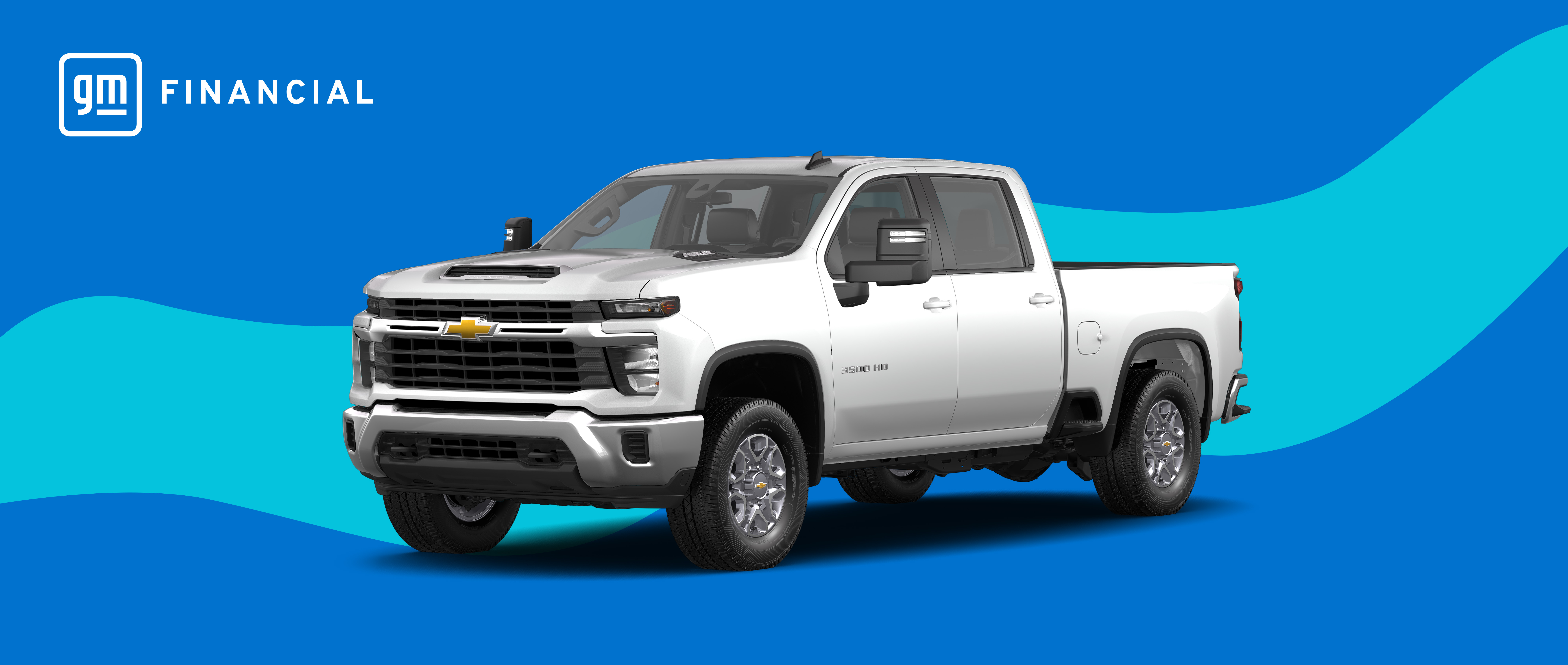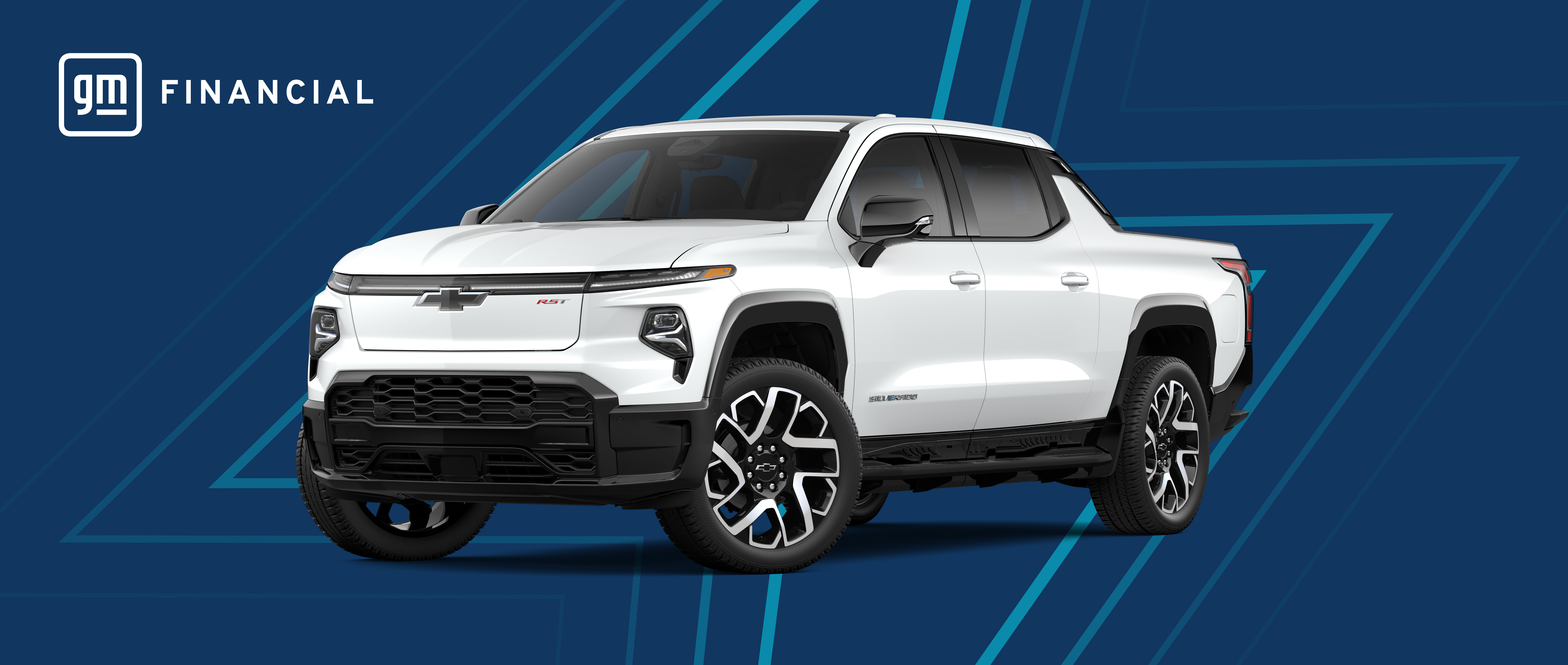
Selecting the Right Truck Size for Your Business
By Ross Appleton / 05/03/2023 / Commercial Vehicle and Fleet Solutions
Picture your growing construction business is adding three new trucks to meet increasing job demands. A half-ton can handle most of the work, but because you occasionally need heavier lifting, you choose a 1-ton instead.
Or say you’re purchasing a new truck for your landscaping company. Even though the job requires trucks with heavy hauling capacity, you figure you can make it work with a smaller, less expensive truck.
These may seem like reasonable-enough decisions. But smart business owners and fleet managers know that having "too much truck" (or too little) can end up being costlier than it seems up front.
As Daniel “DJ” Lord, VP of Fleet Services for GM Financial, says, “businesses should focus on finding the right truck for the job first.”
For some, that could mean thinking smaller. “Customers often look at everything they need to do and then purchase a truck that can do everything. But that can be overkill,” explains DJ.
When a bigger truck spends most of its time doing work a smaller one could handle, you aren’t getting optimal return on your investment.
So how do you know what the right mix of heavy-and lighter-duty vehicles is for your fleet? One way to start is by assessing your vehicle needs in terms of “80/20.”
“Picture a business with five vehicles,” says DJ. “If 80% of the work can be handled by half-ton trucks, and only 20% is heavier hauling that needs a 1-ton truck, that business shouldn't have five 1-ton trucks. It should have four half-ton trucks and the fifth should be 1-ton.”
For other businesses, the right truck may be something bigger. While a smaller truck can have a lower price tag, “if that’s all you’re considering,” DJ says, “you could end up with a truck that can’t handle most of the work.”
And that's where the costs can really pile up. Consistently pushing a smaller truck beyond capacity means more wear and tear on brakes and tires, and fuel efficiency will take a hit. “You’ll likely pay more on maintenance and fuel than you saved on the price,” he continues.
The good news is that finding the right truck for your business doesn’t have to be a guessing game. “The key,” says DJ, “is to get clear on what each vehicle’s job is and match the needs of that job with the appropriate truck size.”
He continues that for many businesses, most vehicles’ primary roles are either sales and service, installation or support. And knowing which is which makes it a lot simpler to determine what the right vehicle for the job is:
- Sales and service – half-ton trucks
- Install – 1-ton trucks or vans, or 1-ton chassis cabs or cutaways
- Support – larger trucks with chassis cabs or cutaways
These are general categories and won’t apply to every business. But understanding them can keep you from having too much or not enough truck and help you find one that will fit your needs and curb unnecessary expenses. If you have questions about the right truck for your business, GM Financial is here to help. Talk to one of our commercial vehicle experts, or visit a GM commercial vehicle dealership near you.
By Ross Appleton, GM Financial
Ross Appleton loves to help people navigate their toughest challenges. He believes that clarity is the key to flourishing in a complex world, and that a timely dad joke is good for the soul. When he isn’t talking or writing about big ideas, you’ll likely find him reading about them in old books. He is married, and two of his four children currently serve in the U.S. Army.
Related Articles

Commercial Vehicle Total Cost of Ownership (TCO)
How much do your business vehicles really cost? How to know — and what to do next.
READ MORE